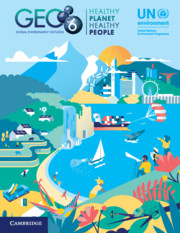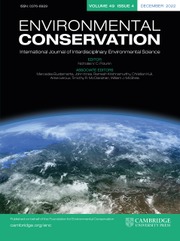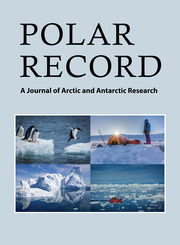Environmental Sustainability for Engineers and Applied Scientists
This textbook presents key theoretical approaches to understanding issues of sustainability and environmental management, perfectly bridging the gap between engineering and environmental science. It begins with the fundamentals of environmental modelling and toxicology, which are then used to discuss qualitative and quantitative risk assessment methods, and environmental assessments of product design. It discusses how business and government can work towards sustainability, focusing on managerial and legal tools, before considering ethics and how decisions on environmental management can be made. Students will learn quantitative methods while also gaining an understanding of qualitative, legal, and ethical aspects of sustainability. Practical applications are included throughout, and there are study questions at the end of each chapter. PowerPoint slides and jpegs of all the figures in the book are provided online. This is the perfect textbook on environmental studies for engineering and applied science students.
- Includes both quantitative and qualitative aspects of environmental sustainability that a well-rounded engineering or applied science graduate should know
- Provides study questions at the end of each chapter to ensure that the reader is learning, which will appeal to both instructors and students
- Offers a scientific perspective of sustainability by bridging engineering and environmental science
Reviews & endorsements
'This book … focuses on the pressing issue of encouraging engineers and applied scientists to consider sustainability in their designs. Hopefully, this text will get into the hands of all engineers and applied scientists who recognize that sustainability is everyone's responsibility, not just for those with 'environmental' in their titles.' B. Bero, Choice
Product details
March 2019Adobe eBook Reader
9781316731284
0 pages
0kg
94 b/w illus. 2 maps
This ISBN is for an eBook version which is distributed on our behalf by a third party.
Table of Contents
- Preface
- Reader's guide: how is this all connected? 1. The engineer's role in environmental protection
- 2. The Earth system: natural operation and human impacts
- 3. Impacts of chemical pollution
- 4. Modelling environmental transport and fate of pollutants
- 5. Introduction to toxicology
- 6. Qualitative and quantitative risk assessment
- 7. Environmental assessment of products and processes
- 8. Regulatory structures
- 9. Decision-making
- References
- Index.





